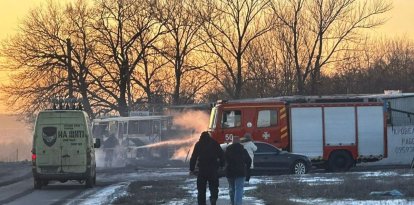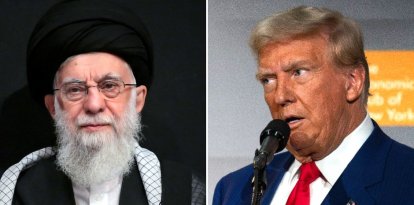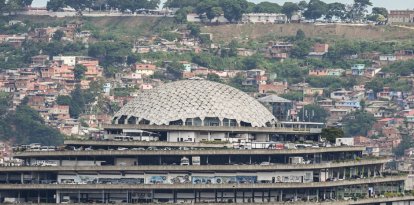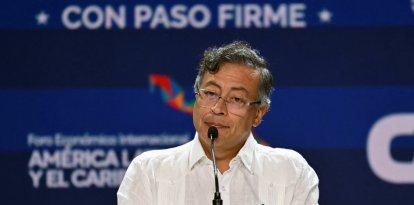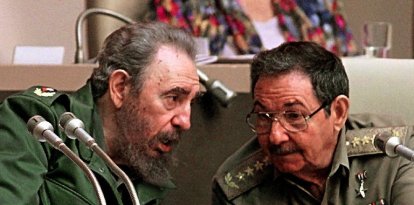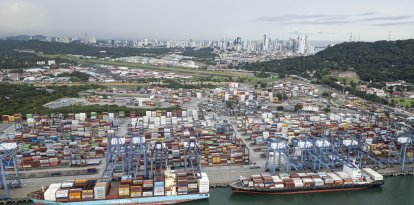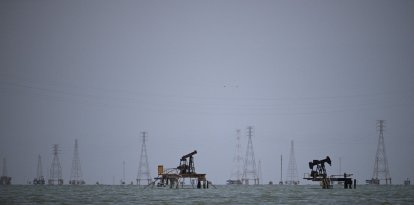The agreement between the socialist Pedro Sánchez and the independentists: the keys to understanding the demonstrations in Spain
The country has been celebrating eight days with the streets packed with tens of thousands of protesters who reject an amnesty for those who want to become independent.

El acuerdo entre el socialista Pedro Sánchez y los independentistas: las claves para entender las manifestaciones en España | Cordon Press
For eight days, Spain has seen its streets packed with thousands protesting President Pedro Sánchez’s socialist government and the possibility that a new government is formed with Sánchez at the helm and with supporter from political parties that a few years ago staged a separatist coup d'état.
The first thing that must be taken into account to understand the situation in Spain is that none of the candidates in the general elections achieved the votes necessary to form a government. In general elections, the president is not directly elected, but rather a Parliament. The members of this governing body vote on the formation of an executive. Therefore, a favorable vote of an absolute majority of 176 of the 350 deputies is required to be sworn in as president in a first attempt, or a simple majority in a second.
Although the Popular Party (right) was the most-voted party in the elections, obtaining 137 deputies, it did not achieve the necessary support for its candidate, Alberto Núñez Feijóo, to become President, in neither the first nor in the second vote.
For this reason, Sánchez (leader of PSOE), which has 122 deputies, is trying to form a government. The socialist intends to run back the so-called “progressive bloc,” a group formed by left-wing, nationalist and independence parties that facilitated his arrival to power in 2020. For that, he needed the support of Junts per Catalunya, one of the main pro-independence parties in Spain. He achieved it with a deal that has caused backlash in Spanish society.
Why is the agreement so important?
One of the most important things about the agreement is that an amnesty law would be established. According to the Royal Spanish Academy, an amnesty is the forgiveness that public powers grant for a crime committed and the possible penalty attached.
In this sense, the parties Junts for Catalunya (JxCat) and Esquerra Republicana de Catalunya (ERC) have asked Sánchez that, in exchange for their support for him as president, an amnesty law be approved that benefits all those who have been the subject of criminal, civil and administrative cases for promoting an independence process in Catalonia over the last decade.
Do Junts and ERC need an amnesty?
Yes. And the Catalonian independence party Junts per Catalunya, whose leader is Carles Puigdemont, promoted an illegal referendum in 2017, classified as a coup d'état, to impose the unilateral independence of the Community of Catalonia.
For that coup d'état, the independence leaders were prosecuted as coup plotters, and today they are in exile. To form a government and make Pedro Sánchez president, Junts demands a series of conditions, among which is an amnesty for all coup plotters.
Why are people protesting?
Spanish society considers that the agreement establishing an amnesty would be a violation of the Spanish rule of law. It is something that has also been warned by organizations such as the Association of Judges and the General Council of the Judiciary, which also consider this to be outside the law. That is why citizens have taken to the streets to demonstrate against the agreement.
"Using the promulgation of a singular law to invade the powers of the Judiciary as a means of political negotiation constitutes a perversion of the constitutional regime, because nothing would prevent temporary majorities in the composition of the Courts from imposing their criteria above the constitutional requirements, under the protection that a norm with that rank cannot be questioned by citizens," said the General Council of the Judiciary (CGPJ) in an institutional declaration approved this Monday in an extraordinary plenary session, per El Mundo.
Reactions from the opposition
Santiago Abascal, leader of the right-wing party Vox and deputy of Congress, supported the call for a demonstration outside the PSOE. In addition, Abascal maintained that he will take legal measures against Fernando Grande-Marlaska due to the measures taken by the police. He also assured that the right must continue protesting against the amnesty and asked the Popular Party (leader of the opposition) to make calls for citizens to exercise their right to protest.
"When the Spanish people protest legally and peacefully, that same politician, that apprentice tyrant, orders the police to attack the people with batons and tear gas," Abascal said in statements reported by El Debate.
Abascal also questioned whether there are privileges being given to criminals in exchange for the presidency of the government. He also highlighted that there are "truncheons and tear gas for citizens who only demand that the law be the same for everyone."
Meanwhile, in the Popular Party, the message has been more cautious. The party’s members distanced themselves from the demonstrations of recent days, but called for new protests for the weekend:
















